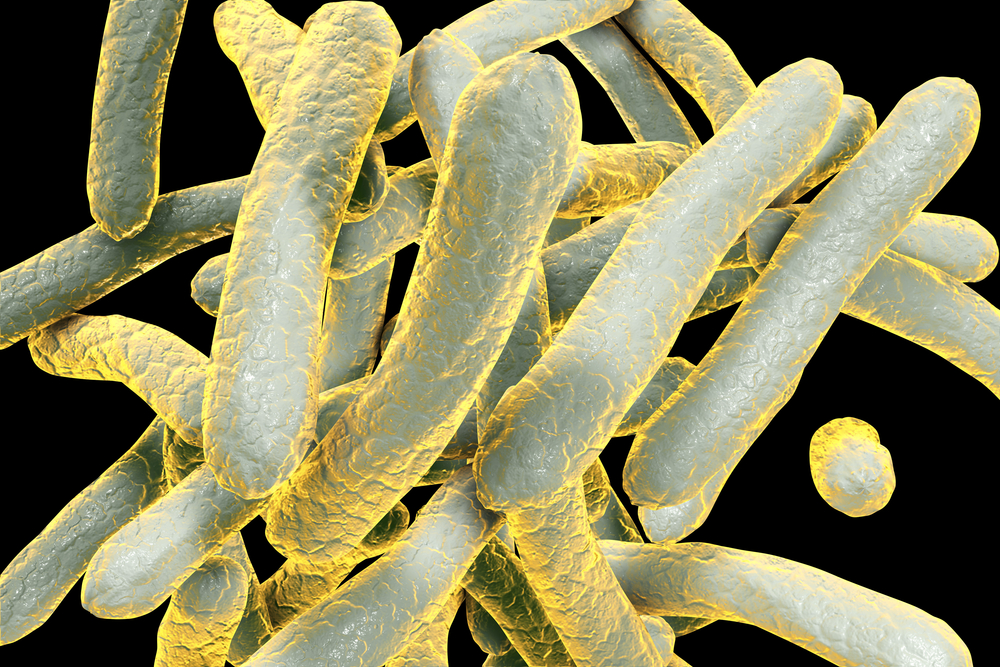
The possibilities of an experimental tuberculosis (TB) vaccine reached a new stage this month, as researchers at the Saint Louis University School of Medicine Center for Vaccine Development began phase 1 human clinical trials.
The new drug is currently called ID93 and has a unique, temperature-stable formula. A freeze-dried power, ID93 eliminates much of the cost and logistics involved in transport. The trial may test up to 48 volunteers between 18 and 55 years of age. If successful, the drug could move one step closer to a role as the second U.S. Food and Drug Administration (FDA) approved TB vaccine.
“Tuberculosis remains the leading infectious cause of death worldwide, and a highly effective vaccine would be a crucial tool in ending this pandemic,” Anthony Fauci, director of the National Institute of Allergy and Infectious Diseases (NIAID) said. “A vaccine that did not require a cold chain could be much more easily distributed to communities in need.”
Testing will proceed in the form of two vaccinations, injected 56 days apart. Half of the participants will receive a new formulation, while the other half will receive a previously tested formulation. All will be monitored for reactions and their blood samples examined throughout approximately seven months.
Daniel Hoft, director of the Division of Infectious Diseases, Allergy and Immunology at the Saint Louis University School of Medicine, is the principal investigator for the clinical trial. The vaccine, originally developed by scientists from Seattle’s Infectious Disease Research Institute (IDRI), is being supported by NIAID.




